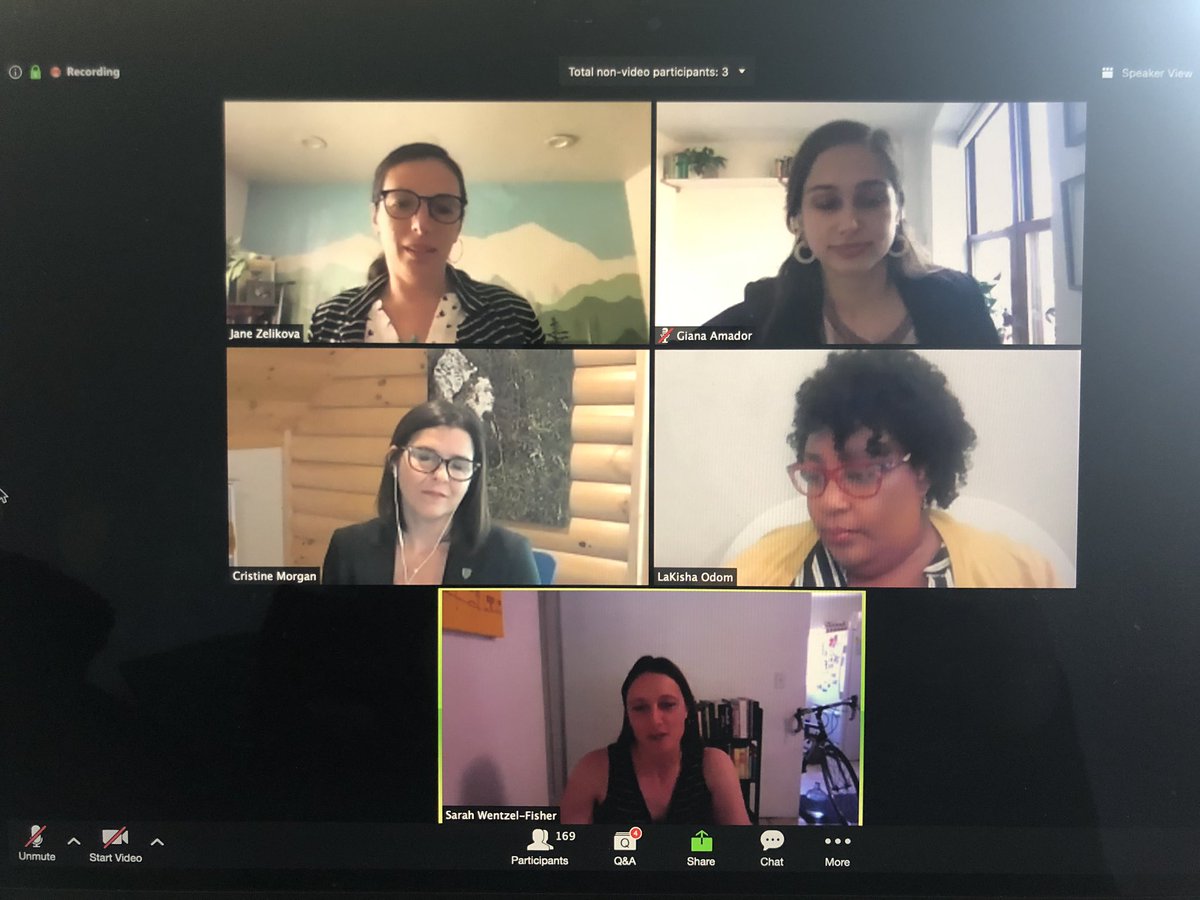Our work identified three barriers to promoting soil health & soil carbon storage: education, science, and incentives.
If you're like us and crave the nitty-gritty details, our full Leading with Soil report can be found here: bit.ly/LWS-report
1. Ample funding to expand the types & quality of technical assistance farmers & ranchers can access
2. Significant federal funding to research & develop improved soil carbon assessment methodology
3. Subsidies for necessary infrastructure & new market incentives

Geography, land use history, & timing for measurable results all vary from one ranch to another.
As our initiative points out, addressing these variabilities is key to widely scaling soil C practices
A: Soils have differing potential to store C across the globe. We are dealing with a cycle that naturally respires C. That being said, sequestered C has the potential to be stored for tens and hundreds of years, and we absolutely should go for it.
A: Cultural barriers are HUGE in adopting soil C practices. Thus, early adopters are extremely important, and supporting these early adopters is also critical. We’re still learning what effective networks look like.
A: Crop insurance sometimes removes the flexibility that is needed to try new practices, and thus can deter adoption of soil health practices.
We are looking forward to their research findings and work outcomes
@soil_institute @QuiviraAgRanch @FoundationFAR



